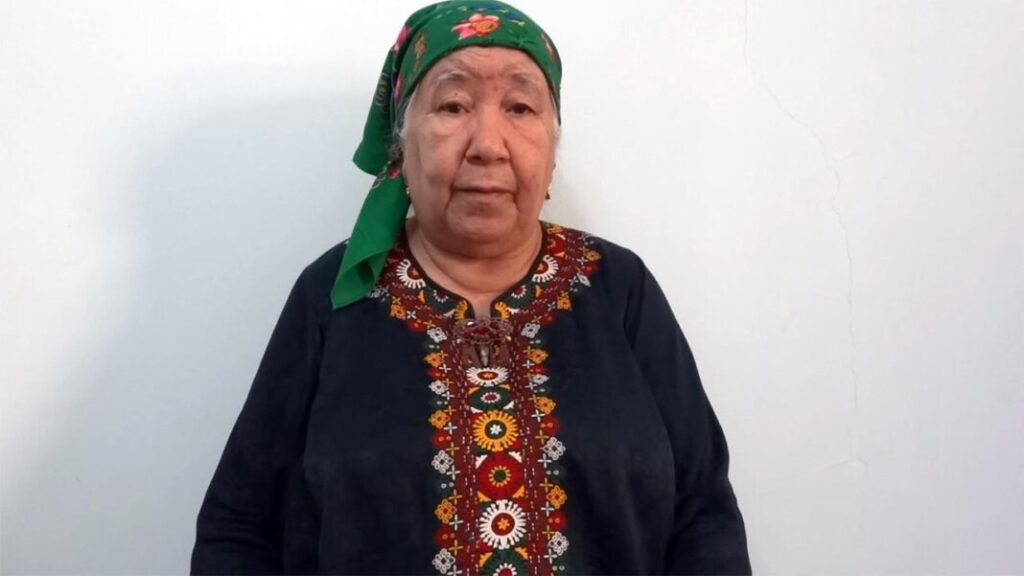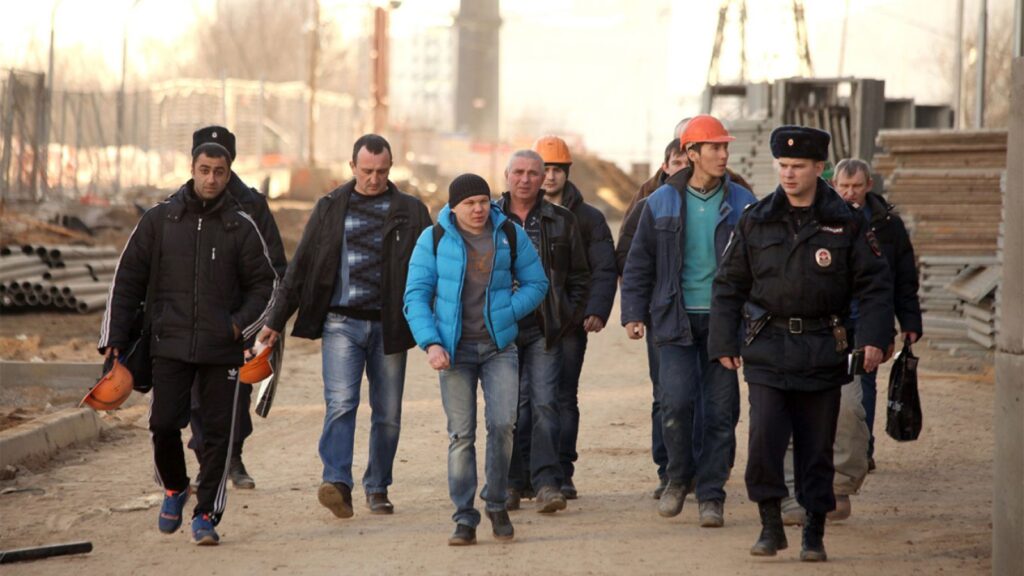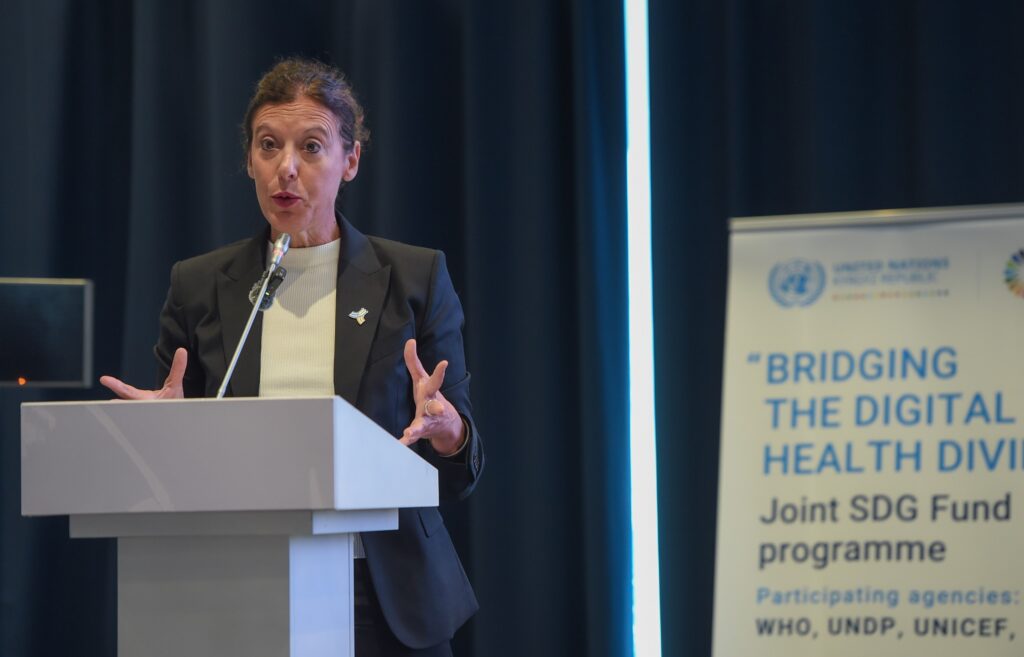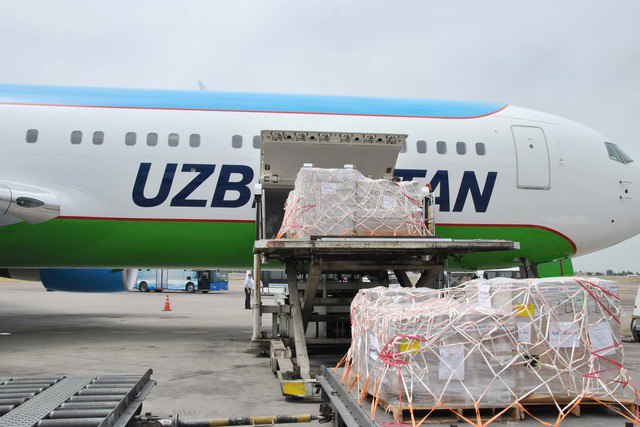Turkmen Human Rights Activist Soltan Achilova Released After Forced Hospitalization
Renowned Turkmen journalist Soltan Achilova, along with her daughter and son-in-law, has been discharged from the infectious disease department of Choganly Hospital after six days of forced isolation. According to the Turkmenistan Chronicle portal, none of the three showed symptoms or signs of any infectious disease. Prior to their release, Achilova's apartment was disinfected, but authorities provided no explanation for their hospitalization or the results of medical tests conducted during their detention. The Times of Central Asia previously reported that Achilova and her relatives were hospitalized after a group of men in medical coats forcibly removed them from their home on November 20. This happened on a day when the journalist was scheduled to travel to Geneva to attend a Martin Ennals Foundation award ceremony, where her work was to be recognized. The timing has led to widespread speculation that the hospitalization was a calculated effort to prevent her attendance. While in isolation, doctors conducted blood tests and nasal swabs but failed to announce any diagnosis. Despite this, medical staff prescribed treatment, which Achilova refused, citing the absence of an explanation for her condition. The journalist's release was reportedly facilitated by diplomatic interventions from several countries and pressure from international human rights organizations. Although now safely home, the incident highlights the increasingly hostile environment for human rights defenders and independent journalists in Turkmenistan, a country notorious for its oppressive restrictions on free speech and movement.






